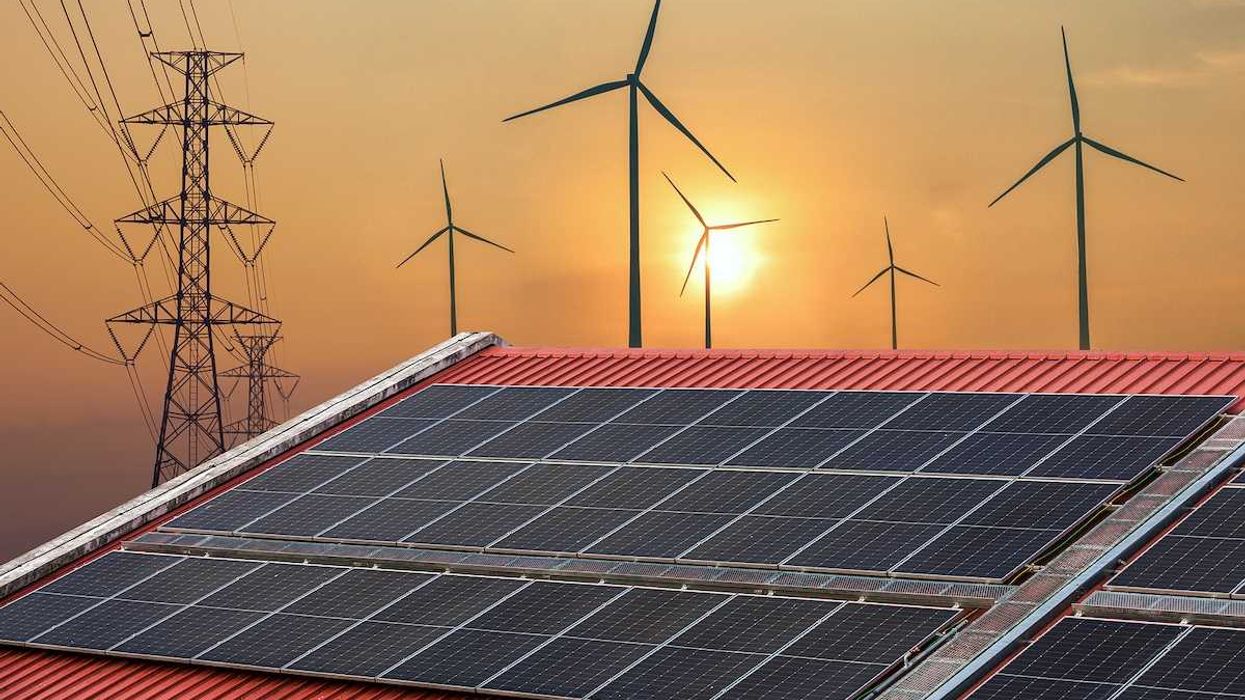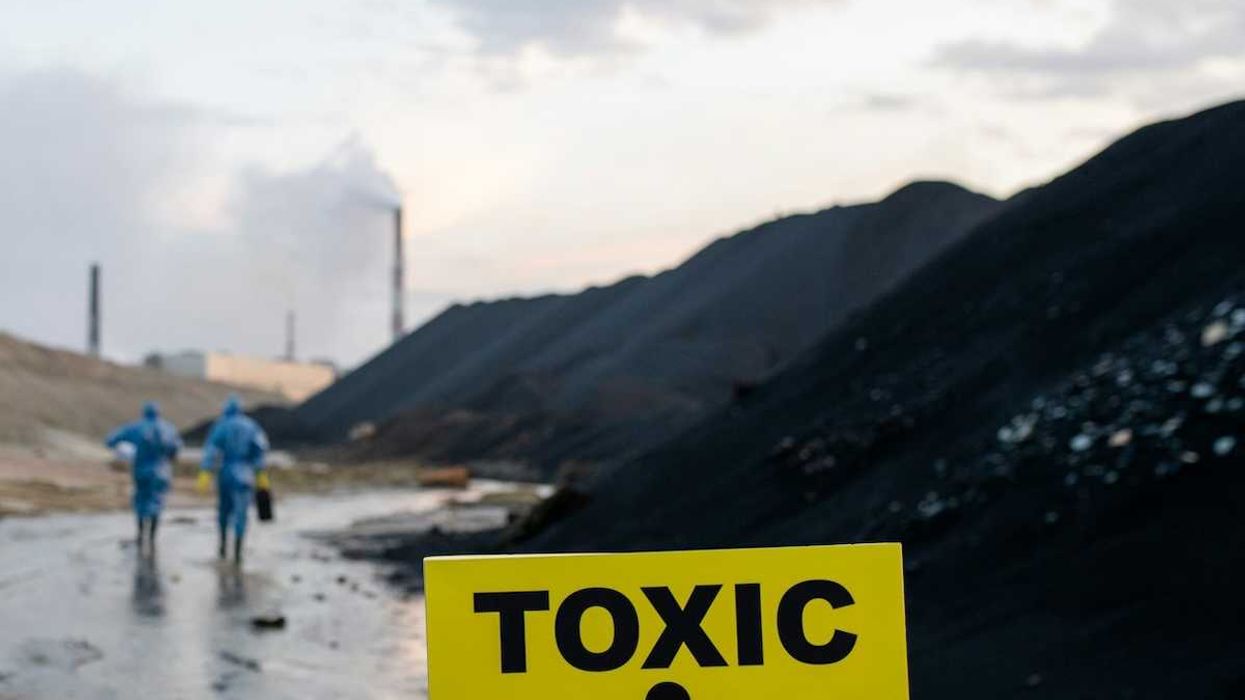Periods of calm, cloudy weather, known as Dunkelflaute, strain Europe's renewable energy systems, causing price spikes and testing political cooperation.
Stanley Reed and Melissa Eddy report for The New York Times.
In short:
- Dunkelflaute, or "dark doldrums," refers to weather with low wind and sun, disrupting solar and wind energy generation across Europe.
- Energy prices surge during these periods as nations rely on more expensive fossil fuel power plants to meet demand.
- Tensions rise between countries as interconnected energy grids lead to price increases in power-exporting nations like Norway and Sweden.
Key quote:
“When there is no wind, we get high electricity prices with this failed electricity system.”
— Ebba Busch, Sweden’s economy minister
Why this matters:
Dunkelflaute highlights the vulnerability of renewable energy systems to weather-dependent fluctuations. As Europe transitions to cleaner energy, balancing supply during low-output periods will be crucial to maintaining affordability and political harmony.














